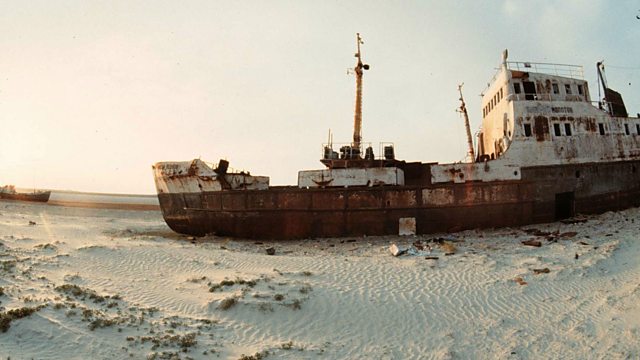
The Disappearing Aral Sea
In October 1990, Western scientists confirmed the virtual disappearance of the Aral Sea in Soviet Central Asia, formerly the fourth largest inland sea in the world. The loss of sea water was the result of 60 years of intensive agriculture and pollution by the Soviet authorities. It is considered the biggest man-made loss of water in recorded history. The surrounding areas were devastated. Local fisherman watched as the shore gradually receded and fish stocks ran out. Local children fell victim to respiratory illnesses.
Professor Denys Brunsden, of London's King's College, was one of the first Western scientists to visit the Aral Sea in 1990. He spoke to Witness about the environmental devastation that he saw.
Duration:
This clip is from
More clips from Witness History
-
![]()
Who was Malcolm X?—Assassination of Malcolm X
Duration: 01:29





